If you work with Japanese people in a Japanese company or a global company, you may have encountered Japanese people who do not speak up at all in meetings. As a Japanese, I too have had many occasions when I have ended up in a meeting without speaking up at all. Some of the reasons for this are that I am not good at speaking English, but I also believe that it is a Japanese personality problem. In this article, I would like to explain the factors that lead to such a personality: Japanese school education.
Group behavior is thoroughly drilled into us
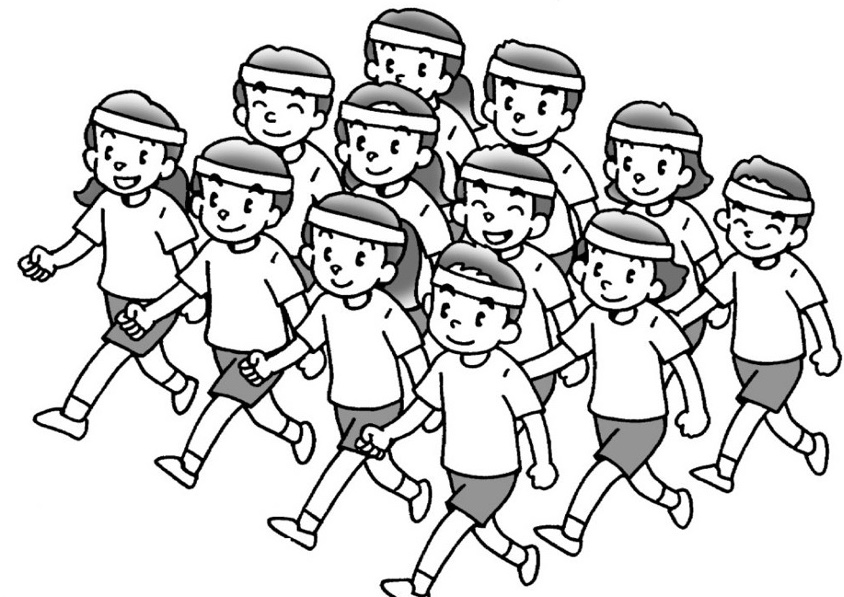
In Japanese schools, there are very few opportunities to proactively speak one’s mind. Speech contests, for example, are special occasions where only a limited number of students in a given grade are allowed to express their thoughts to the whole class. Instead, in junior high schools in Japan, there are small group discussions of four students each. Small groups are easier to talk to because they are used to it in elementary school.
Japanese teens are thoroughly trained in “group behavior. In general, Japanese schools require students to march several times around the school grounds during physical education. This is one of the curriculums in the Ministry of Education, Culture, Sports, Science and Technology’s Courses of Study to learn the Japanese way of life. During physical education classes and grade school assemblies, we march in unison over and over again.
In junior high school, individuals are trained to express their own opinions to others rather than “For more than 100 years, junior high schools have been providing education that prioritizes the interests of the group to increase national power, rather than training individuals to express their opinions to others. As a result, Japanese teens learn that it is wrong to stand out from the group. They are not allowed to express their opinions to the teacher, and even if they have questions, they are not allowed to speak up.
Through group activities, we are expected to act without thinking in order not to bother the whole group and to end the painful time quickly. The idea of not bothering the whole is created. Because the will of the group take precedence over the individual, personal convenience is sacrificed.
No questions
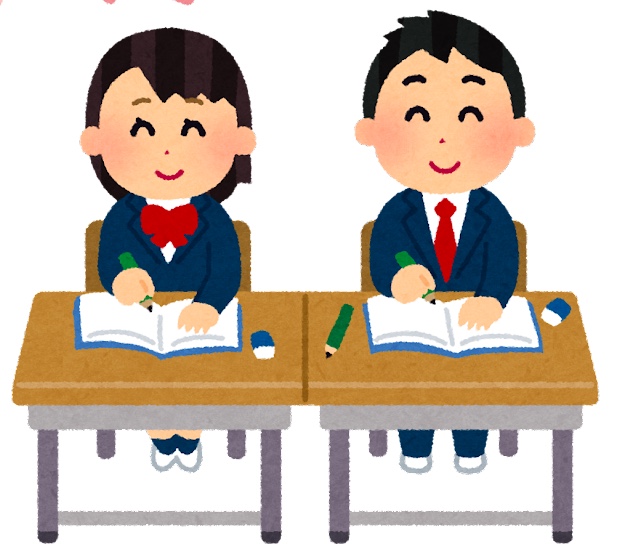
At the end of the class, the teacher asks, “Does anyone have any questions? At the end of the class, there is usually no response. I stay silent and pray that I won’t be guessed because they know that asking a question is an embarrassing act that reveals their ignorance to all their classmates. Furthermore, everyone in the class knows that if no one asks a question, the class will end early, so raising your hand to ask a question is against both the individual and the collective interest.
They learn that it is necessary to survive in junior high school and high school by keeping a low profile and being as safe as possible.
This is a misconception that should be taught to students by their teachers at an early stage.
Today, in a school group that is cut off from the world’s common sense, classes that are unresponsive to the teacher’s questions are repeated daily for generations.
Exclusion of the heterogeneous
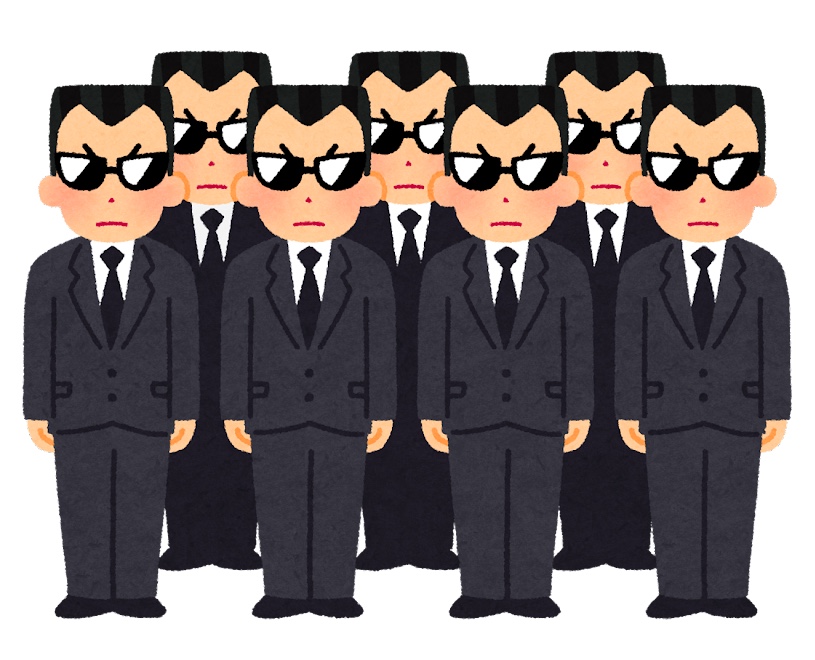
Adolescents are sensitive to the atmosphere of the class.
The atmosphere is controlled and monitored, which is the complete opposite of the free atmosphere of elementary school. School rules are determined down to the smallest detail: hair length, hair color, trouser length, skirt length, sock color, personal belongings (no cell phones, no bottled drinks, no cash, no watches) are all determined. There is very little individual discretion.
And you are expected to be the same as everyone else.
If you are different from the rest of the class, you are subject to bullying, ostracism, and backbiting.
For example, pronouncing English correctly like a native speaker will make you an object of attack as an alien in the group. If everyone speaks English with a Japanese accent, you will have to conform to them to keep yourself safe. As a result, your English pronunciation will not improve.
Hierarchical relationship
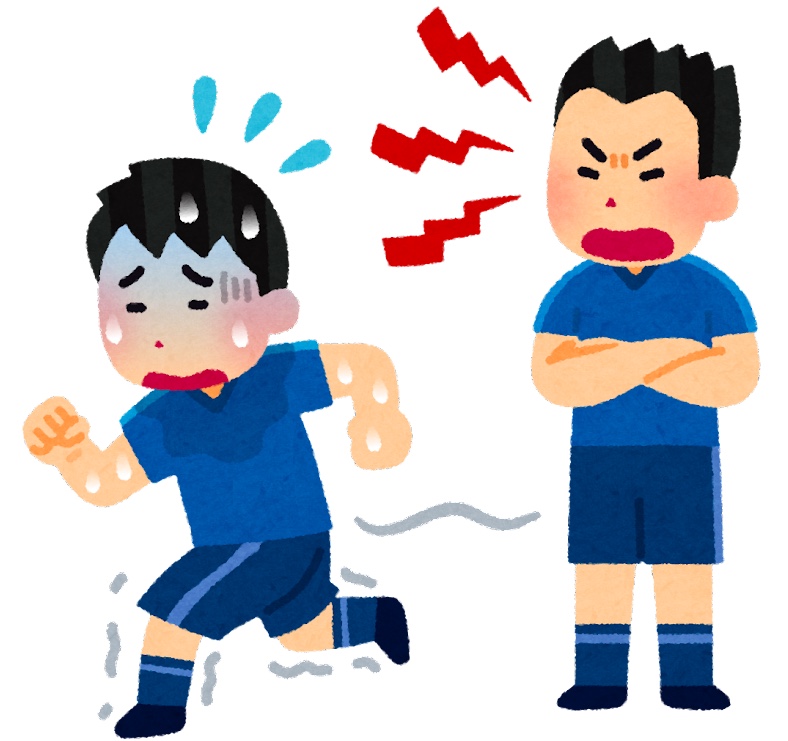
There is a hierarchical relationship called “Senpai-Kohai” in Japan. Senpai-Kohai” is first learned in junior high school club activities. The first place to learn about the Senpai-Kohai hierarchy is in junior high school clubs, especially if you are in a strict club. Whenever you pass by a Senpai who is older than you, you must greet him or her, and if you fail to do so, you will be punished later. If you fail to do so, you will be scolded later. In the case of male students, you may even be beaten up later.
When looking for a job after graduating from college, students who have experienced such rigorous club activities will have a better chance of getting a job. This is even if they do not have the skills for the job.
It is said that Confucianism is the reason for the emergence of such a culture.
In Confucianism, there are five principles, called the “Five Luns,” that people are supposed to follow.
- Father and son should be united in love and affection.
- The virtues of propriety exist between a lord and his vassals.
- Husbands and wives have their own roles.
- There is order between the older and the younger.
- There is trust between friends.
Although I was not taught these things directly, these ideas have been passed down from generation to generation in the Japanese people, creating the culture of Sempai-Kohai.
Avoiding arguments
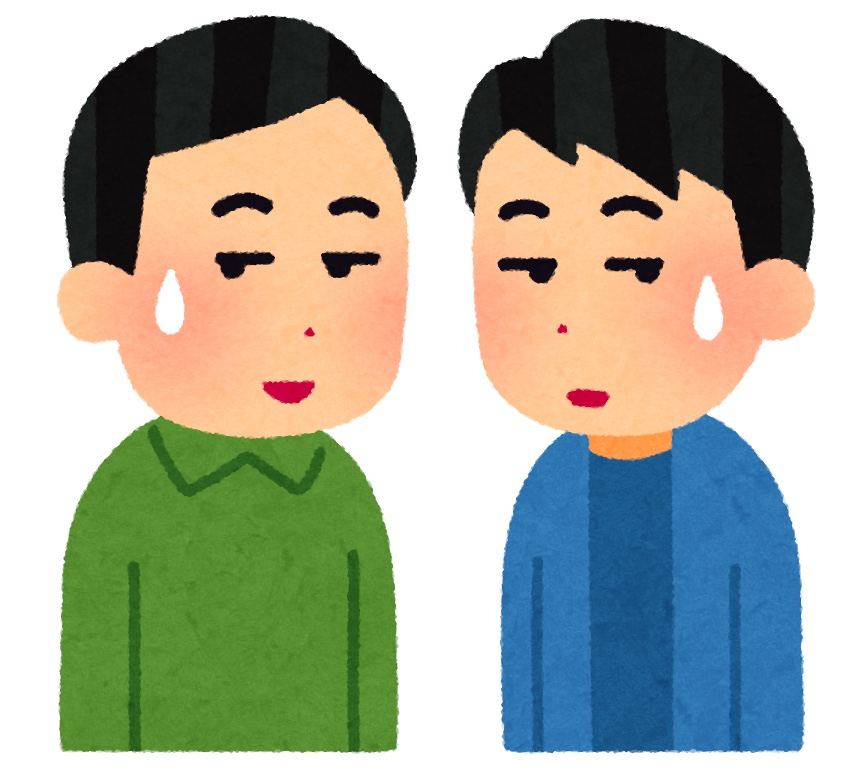
At a class meeting, we were discussing what to do for the cultural festival.
To express one’s own opinion when the other person’s opinion is different from one’s own is anathema to the Japanese culture of harmony and respect.
If you disagree with the other person’s opinion, you are considered to be denying the person’s personality, which can cause resentment and make you the target of attacks.
The purpose of discussion is to exchange opinions with others and learn what they are thinking.
This is a very low level story from an international perspective, but this issue needs to be nurtured intellectually through education.
The principal of a junior high school I know says that he feels uncomfortable when someone contradicts his opinion, as if his character is being denied, but this is the general feeling of Japanese people.
Since this is the case in schools, it is a great loss to society that debates that are not worth discussing are repeated endlessly day after day in Japanese society as a whole.
As an educational issue, the rules of discussion should be widely known to the public.

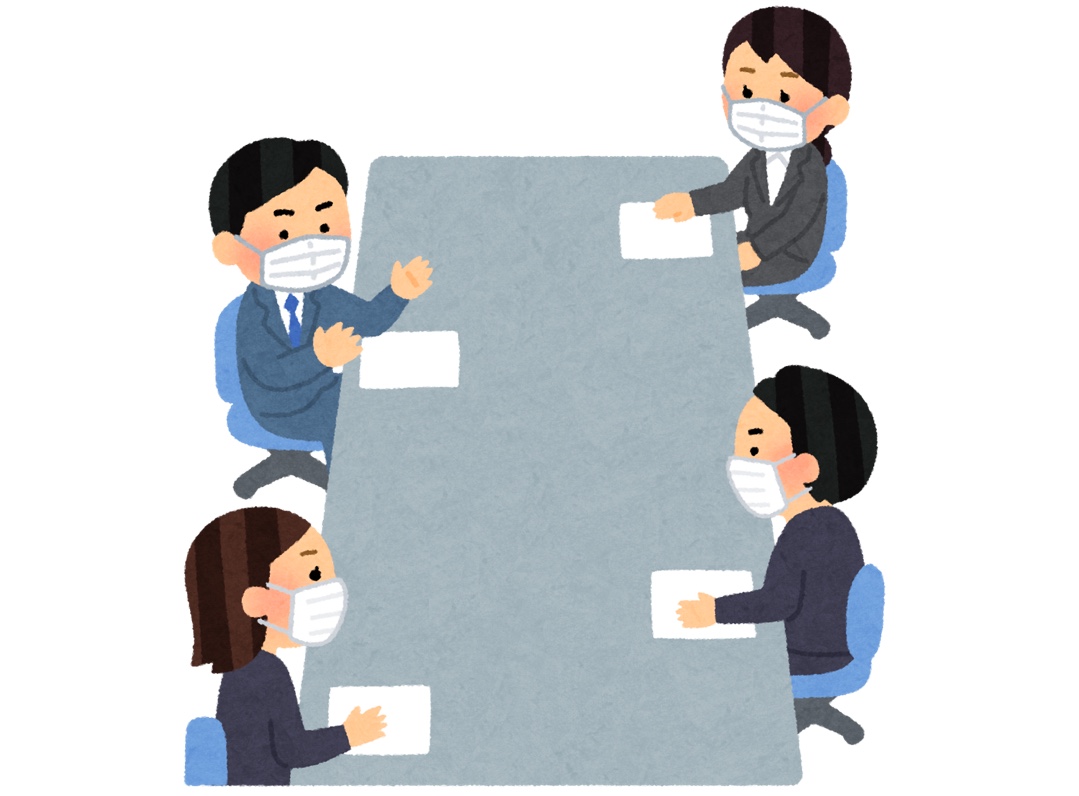


Comments